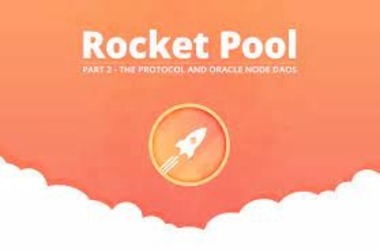
“The core staking infrastructure for Ethereum,” as stated in the white paper, will provide “a decentralized and easy-to-use staking network for individuals and enterprises,” among other things.
The technique is implemented in stages over a four-week period. When the first stage of the launch took place on November 9, the protocol restrictions were immediately achieved at the upper limit.
The Node Operators minipool locations hit their maximum in just 45 seconds after the launch of the second stage on November 10th, during the launch of the second stage yesterday. The deposit pool maximum of 480 ETH ($ 2.3 million) for the second round was surpassed in record time.
Because of a potential vulnerability detected on the network, Rocket Pool was forced to postpone its launch on October 6 for a short period of time. Boyko-Romanovsky stated that both rounds this week went through without a hitch, with the exception of a few small tweaks made on Monday evening to the website to make it seem as “mainnet” rather than “testnet.”
As a result of the launch of Rocket Pool, a number of restrictions to admission for Eth2 tramlines have been removed. In order to run an Eth2 node, you must generally make a deposit of 32 ETH ($ 155,000) and ensure that the node is always available.
Without the requirement for a staking infrastructure, Rocket Pool enables individuals, organizations, and decentralized applications (DApps) to receive staking rewards on anything worth more than 0.01 ETH by staking it on the Beacon Chain, without the need for a staking infrastructure.
While centralized services such as Binance or Coinbase have advantages in terms of setting up a quick and easy alternative for newcomers, employing a centralized service provider comes at the expense of giving over control of your cryptocurrency to the service provider.
Untrusted decentralized staking services such as Rocket Pool (as well as other protocols like as Blox Staking and Stkr) rely on an untrusted implementation for staking and do not store private user validation or withdrawal keys on their servers. Rocket Pool, according to Boyko-Romanovsky, is a “amazing example of a decentralized solution for Ethereum,” according to TBEN.
“The greater the number of services like this, the greater the number of use cases Ethereum may have, and the greater the number of people who will respect decentralization.”
Wow! Minipool slots in stage two of the Rocket Pool launch maxed out in less than a minute!
For those who missed out, stage 3 will kick off on 15 Nov 00:00 UTC.
The rETH deposit pool limit has increased so liquid staking is available… for now.— Rocket Pool (@Rocket_Pool) November 10, 2021